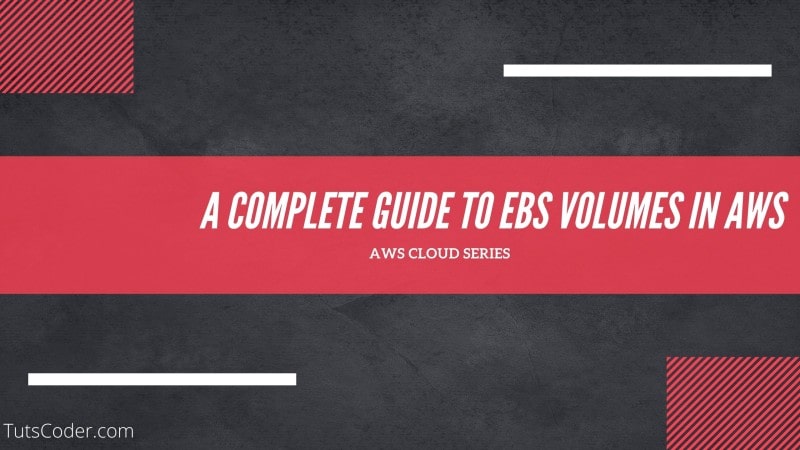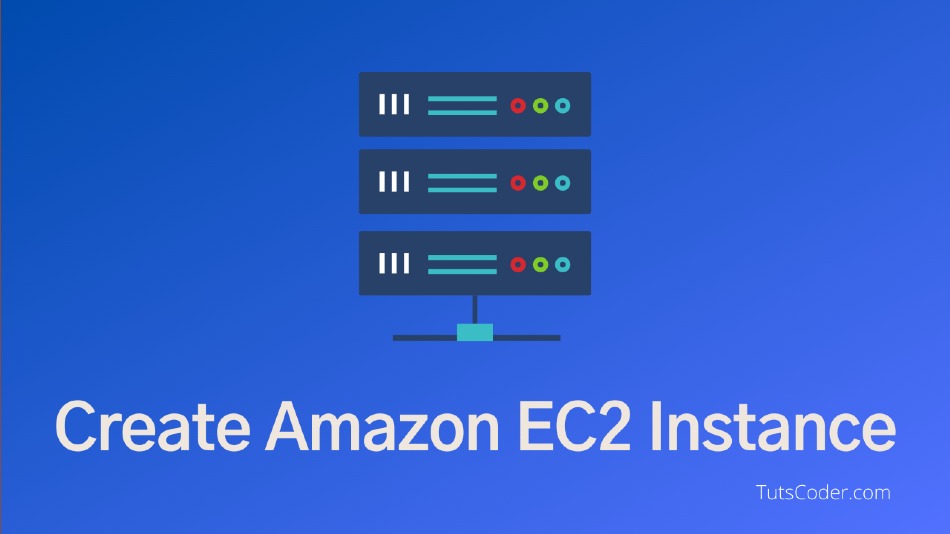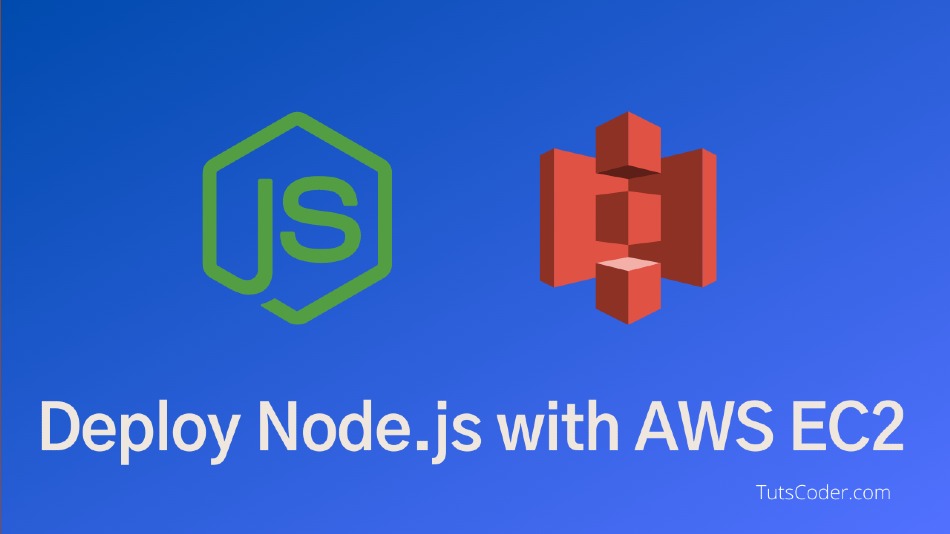In this article, we will see what is EBS volume and things we can do with it, and the available different types.
What is EBS Volume?
The EBS Volume stands for Elastic Block Store Volume and is a network drive you can attach to your instances while they run.
In simple terms, the Amazon EBS is like a cloud-based hard drive that gives persistent block storage volumes and that can be utilized with Amazon EC2 instances.
What is block storage volume?
A block storage volume functions similarly to a hard drive. It can be used to install a whole operating system or even store any kind of file.
The EBS Volume allows your instances to persist data, even after their termination
They can only be mounted to one instance at a time
They are bound to a specific availability zone
More about EBS Volume
It's a network drive, not a physical drive.
It uses the network to communicate the instance, which means there might be a bit of latency.
The EBS Volume can be detached from an EC2 instance and attached to another one quickly.
An EBS Volume is locked to an Availability Zone (AZ), which means An EBS Volume in us-east-1a cannot be attached to us-east-1b.
To move a volume across, you first need to snapshot it, which we will see later in this series.
You can have multiple EBS devices to single EC2 instaces,however you can't have single EBS to more then one EC2 instace.
EBS Volume Types
There are Four types of volume available for Amazon EBS, each with a particular purpose.
The following are the main characteristics to consider before selecting a volume type:
1) General Purpose SSD(GP2)
The General Purpose SSD will provide you with balanced price and performance for a wide variety of workloads
Ideal for the development and test operations and interactive apps with reduced latency.
2) Provisioned IOPS SSD(IO1)
It will provide the Highest performance of SSD Volume for mission-critical, Low latency, and High Thoughput workloads.
Ideal for application workloads, I/O-intensive relational loads, and NoSQL databases.
3) ThroguhPut Optimized HDD(ST1)
It will gives you Low COST HDD volume designed for freuent access.
4) COLD HDD(Sc1)
It will gives you low cost HDD volume designed for less freqnece access workload
5) Magnetic (Standard)
The Magnetic volumes are backed by magnetic drives and are suited for workloads where data is accessed infrequently, and scenarios where low-cost storage for small sizes is important.
Free Tier: 30GB of free EBS Storage of Type General Purpose(SSD) or Magnetic per month







Leave a Comment
Share Your Thoughts